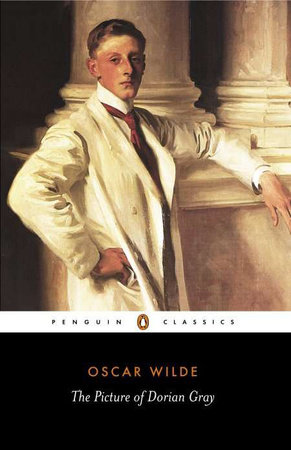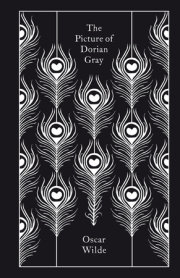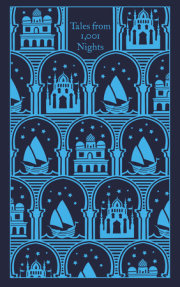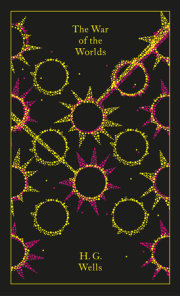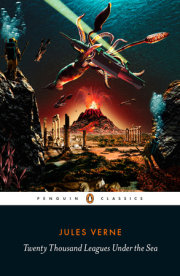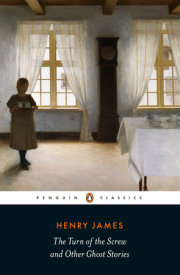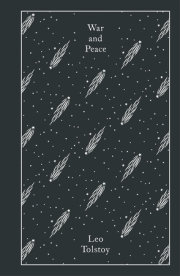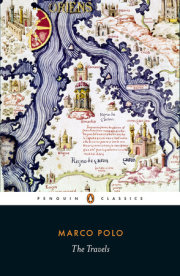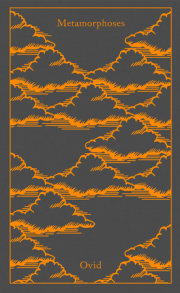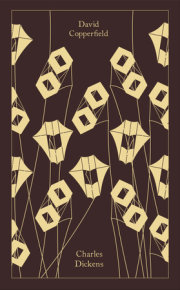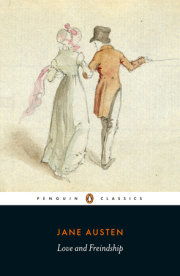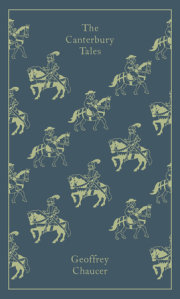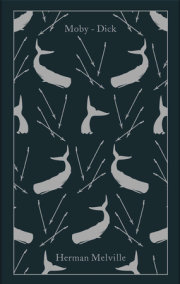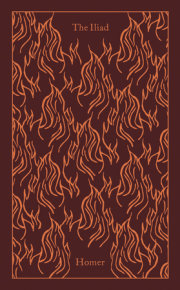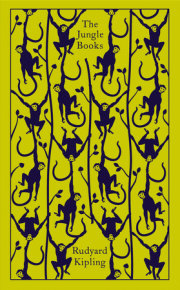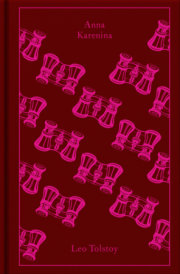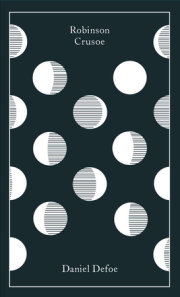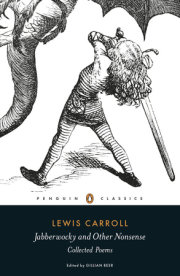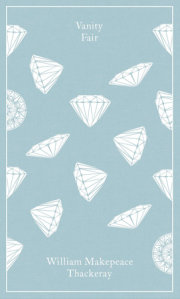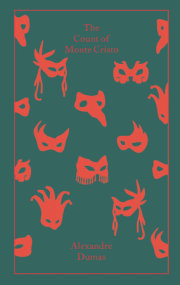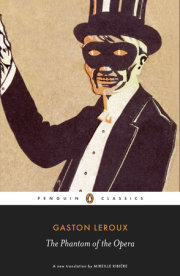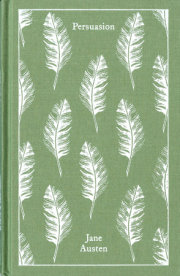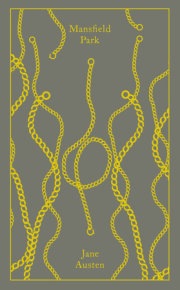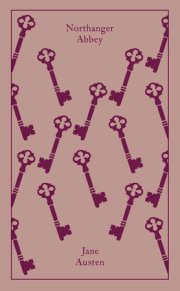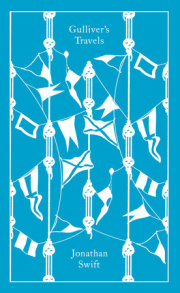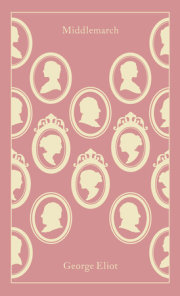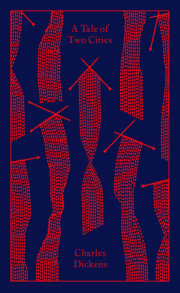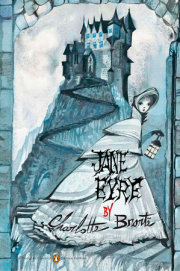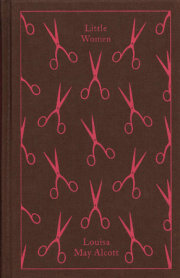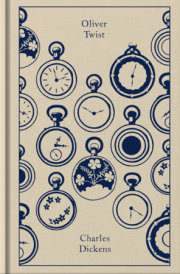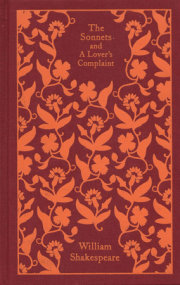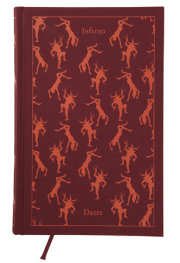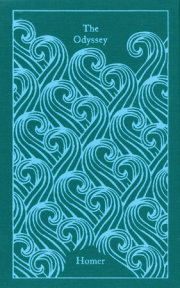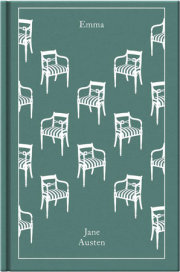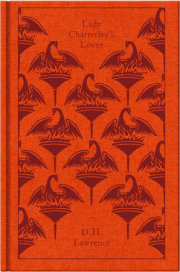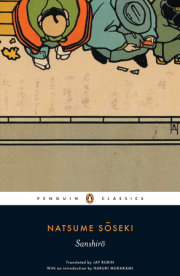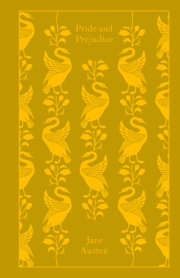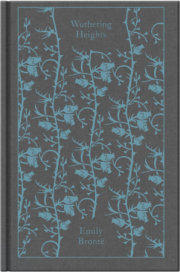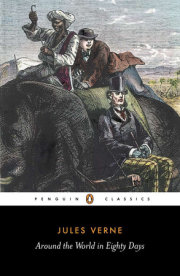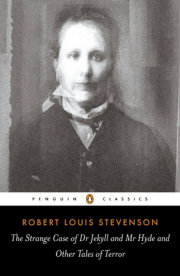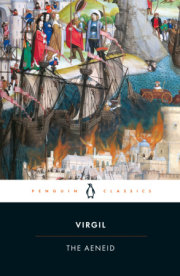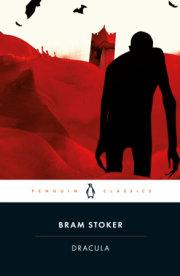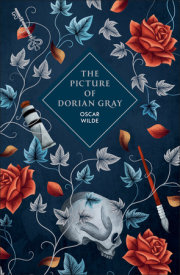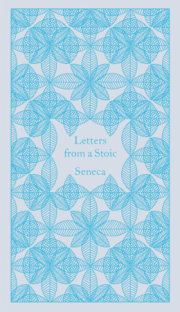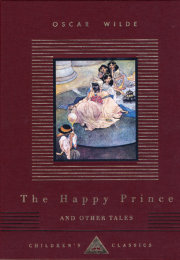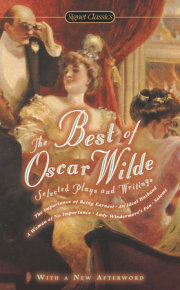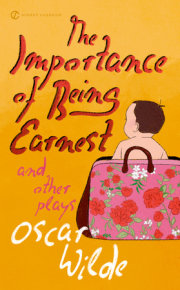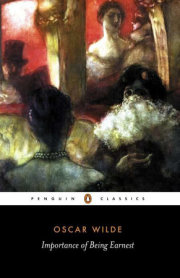Dorian made no answer, but passed listlessly in front of his picture and turned towards it. When he saw it he drew back, and his cheeks flushed for a moment with pleasure. A look of joy came into his eyes, as if he had recognized himself for the first time. He stood there motionless and in wonder, dimly conscious that Hallward was speaking to him, but not catching the meaning of his words. The sense of his own beauty came on him like a revelation. He had never felt it before. Basil Hallwards's compliments has seemed to him to be merely the charming exaggerations of friendship. He had listened to them, laughed at them, forgotten them. They had not influenced his nature. Then had come Lord Henry Wotton with his strange panegyric on youth, his terrible warning of its brevity. That had stirred him at the time, and now, as he stood gazing at the shadow of his own loveliness, the full reality of the description flashed across him. Yes, there would be a day when his face would be wrinkled and wizen, his eyes dim and colourless, the grace of his figure broken and deformed. The scarlet would pass away from his lips, and the gold steal from his hair. The life that was to make his soul would mar his body. He would become dreadful, hideous, and uncouth.
As he thought of it, a sharp pang of pain struck though him like a knife, and made each delicate fibre of his nature quiver. His eyes deepened into amethyst, and across them came a mist of tears. He felt as is a hand of ice had been laid upon his heart.
'Don't you like it?' cried Hallward at last, stung a little by the lad's silence, not understanding what it meant.
'Of course he likes it,' said Lord Henry. 'Who wouldn't like it? It is one of the greatest things in modern art. I will give you anything you like to ask for it. I must have it.'
'It is not my property, Harry.'
'Whose property is it?'
'Dorian's, of course,' answered the painter.
'He's a very lucky fellow.'
'How sad it is!' murmured Dorian Gary, with his eyes still fixed upon his own portrait. 'How sad it is! I shall grow old, and horrible, and dreadful. It will never be older than this particular day of June...If it were only the other way!
Copyright © 2003 by Oscar Wilde. All rights reserved. No part of this excerpt may be reproduced or reprinted without permission in writing from the publisher.

